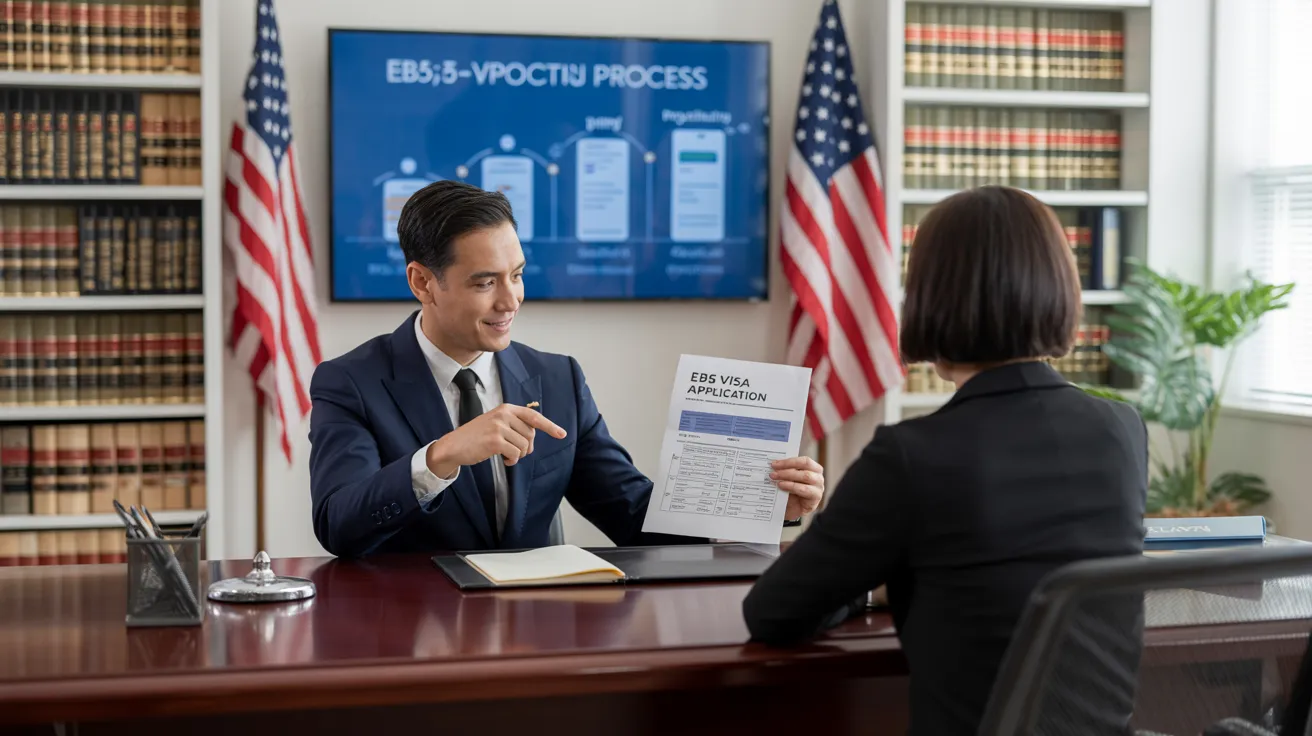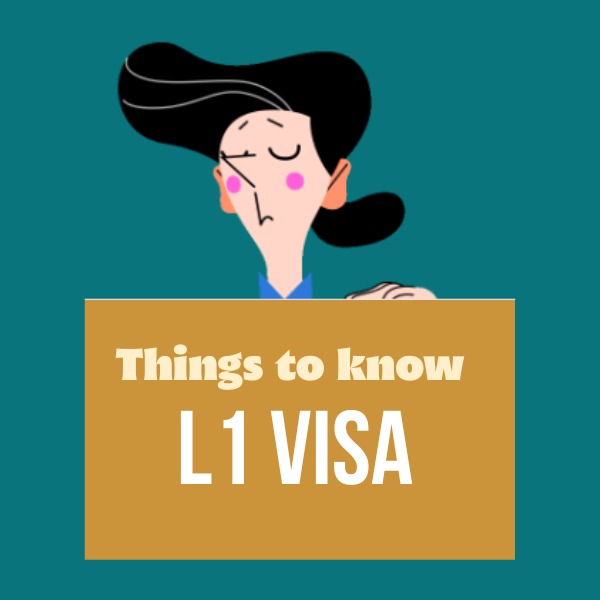Get L1 Visa
Wiki Article
6 Easy Facts About L1 Visa Described
Table of ContentsThe L1 Visa StatementsGetting My L1 copyright WorkL1 Visa for DummiesThe Buzz on L1 VisaFascination About L1 VisaThe Ultimate Guide To L1 Visa
Available from ProQuest Dissertations & Theses Worldwide; Social Scientific Research Costs Collection. DHS Office of the Examiner General. Retrieved 2023-03-26.
U.S. Department of State. Recovered 2023-02-08. Tamen, Joan Fleischer (August 10, 2013).
Excitement About L1 Visa
In order to be eligible for the L-1 visa, the foreign firm abroad where the Beneficiary was utilized and the united state company have to have a qualifying relationship at the time of the transfer. The various kinds of qualifying relationships are: 1. Parent-Subsidiary: The Moms and dad means a firm, firm, or other legal entity which has subsidiaries that it has and regulates."Subsidiary" implies a company, corporation, or various other legal entity of which a moms and dad has, directly or indirectly, greater than 50% of the entity, OR owns less than 50% however has administration control of the entity.
Business An owns 100% of the shares of Company B.Company A is the Moms And Dad and Business B is a subsidiary. There is a certifying connection between the two companies and Company B ought to be able to sponsor the Recipient.
Firm An owns 40% of Firm B. The continuing to be 60% is possessed and managed by Company C, which has no relation to Company A.Since Business A and B do not have a parent-subsidiary relationship, Business A can not fund the Beneficiary for L-1.
Firm A possesses 40% of Company B. The staying 60% is had by Business C, which has no connection to Business A. Nevertheless, Company A, by formal arrangement, controls and full takes care of Business B.Since Firm A possesses much less than 50% of Company B but handles and manages the company, there is a certifying parent-subsidiary relationship and Company A can sponsor the Recipient for L-1.
Get This Report on L1 Visa
Associate: An affiliate is 1 of 2 subsidiaries thar are both had and controlled by the very same parent or individual, or possessed and regulated by the very same group of individuals, in primarily the exact same proportions. a. Instance 1: Company A is incorporated in Ghana and utilizes the Recipient. Company B is incorporated in the U.S.Business C, likewise integrated in Ghana, has 100% of Company A and 100% of Company B.Therefore, Business A and Firm B are "associates" or sister companies and a qualifying partnership exists in between the 2 business. Business B should be able to sponsor the Recipient. b. Instance 2: Company A is included in the united state
Firm A is 60% had by Mrs. Smith, 20% had by Mr. Doe, and 20% owned by Ms. Brown. Company B is included in Colombia and presently utilizes the Recipient. Business B is 65% owned by Mrs. Smith, 15% possessed by Mr. Doe, and 20% had by Ms. Brown. Firm A and Business B are affiliates and have a certifying partnership in 2 different ways: Mrs.
The L-1 visa is an employment-based visa classification established by Congress in 1970, enabling multinational companies to move their supervisors, executives, or essential employees to their U.S. operations. It is frequently referred to as the intracompany transferee visa. There are 2 primary kinds of L-1 visas: L-1A and L-1B. These types are ideal for staff members worked with in different positions within a company.
 L1 Visa guide
L1 Visa guide Additionally, the recipient needs to have L1 Visa requirements operated in a managerial, executive, or specialized worker placement for one year within the 3 years coming before the L-1A application in the international business. For brand-new workplace applications, foreign employment needs to have been in a supervisory or executive capability if the beneficiary is coming to the United States to function as a manager or exec.
Not known Details About L1 Visa

If granted for an U.S. company functional for even more than one year, the initial L-1B visa is for approximately three years and can be extended for an extra 2 years (L1 Visa). Conversely, if the united state company is freshly developed or has been functional for much less than one year, the preliminary L-1B visa is issued for one year, with extensions available in two-year increments
The L-1 visa is an employment-based visa classification established by Congress in 1970, enabling international firms to transfer their supervisors, executives, or vital employees to their united state operations. It is typically referred to as the intracompany transferee visa. There are 2 major kinds of L-1 visas: L-1A and L-1B. These kinds appropriate for staff members employed in various settings within a company.
Indicators on L1 Visa You Should Know
In addition, the recipient should have operated in a supervisory, exec, or specialized employee setting for one year within the 3 years coming before the L-1A application in the international company. For new office applications, foreign work has to have remained in a supervisory or executive capacity if the beneficiary is involving the USA to function as a supervisor or exec.for approximately seven years to oversee the operations of the U.S. associate as an executive or supervisor. If provided for a united state company that has L1 Visa guide actually been operational for greater than one year, the L-1A visa is initially approved for as much as 3 years and can be prolonged in two-year increments.
If provided for an U.S. business operational for more than one year, the initial L-1B visa is for approximately 3 years and can be expanded for an additional 2 years. Alternatively, if the U.S. firm is newly developed or has actually been functional for much less than one year, the first L-1B visa is issued for one year, with extensions readily available in two-year increments.
Report this wiki page